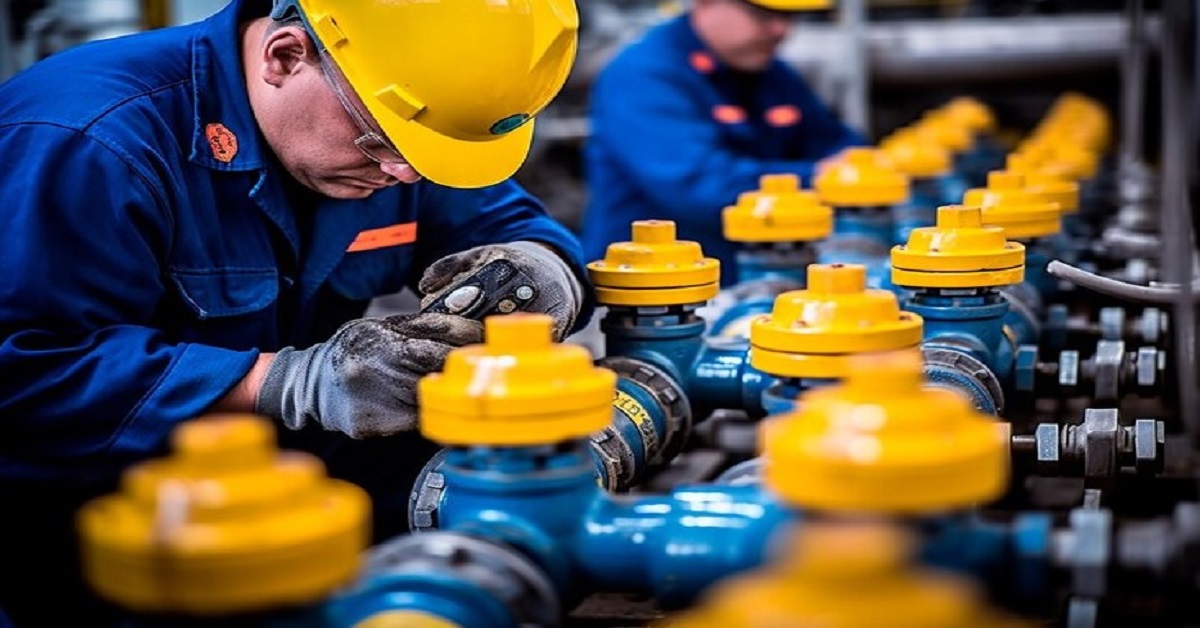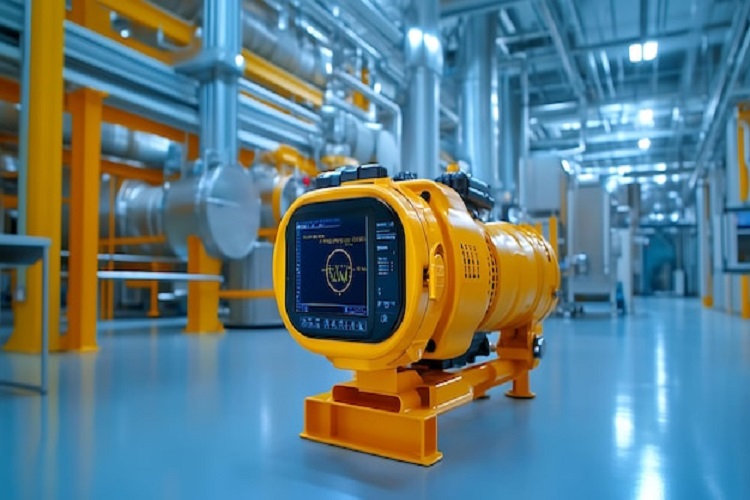Lubrication is essential to maintain the lifespan and smooth operation of machinery in different sectors. Appropriate lubrication slows down wear and tear, reduces friction, and supports optimal performance in anything from industrial machinery to vehicle engines.
We will examine the role that lubrication plays in maintaining machinery and emphasize the value of lubrication engineering in maximizing cost savings and operational effectiveness.
Reducing Friction and Wear
Friction is a fundamental factor contributing to machinery wear and tear. The friction created by moving metal surfaces against one another causes heat to be produced, which causes the gradual deterioration of the components. By creating a thin coating between moving components, lubricants like oils and greases minimize friction by preventing direct contact. This layer prolongs the life of the machinery by reducing wear on the surfaces and the quantity of heat generated.
Cooling and Heat Dissipation
Heat is produced by the friction of moving parts, and if this heat is not correctly handled, it can cause damage and overheating. Lubricants absorb this heat and move it away from the important parts to aid in its dissipation. In high-speed and high-load applications, where excessive heat can seriously harm the machinery, this cooling effect is extremely crucial.
Prevention of Corrosion
Parts of machinery are generally subjected to hostile conditions, such as moisture, chemicals, and impurities, which can cause corrosion. Corrosion impairs the functioning of components besides weakening their structural integrity. Lubricants act as a barrier and protect the metal surfaces from impurities and moisture. This barrier prolongs the life of the equipment and lowers the possibility of corrosion.
Sealing and Contaminant Exclusion
Lubricants serve as sealants as well, keeping impurities like dust, dirt, and debris out of the equipment. The interior components may sustain severe damage from contaminants, which might result in increasing wear and eventual failures. Lubricants ensure that machinery runs smoothly and effectively by sealing the moving components and preventing impurities.
Cost Savings and Increased Productivity
Lubrication management that is effective saves a lot of money. Machinery runs more efficiently and requires fewer maintenance and repairs when friction, wear, and energy consumption are reduced. This results in less money spent on maintenance and less downtime, both of which boost output. Saving money is further increased by prolonging the life of the machinery by adequate lubrication, which lowers the need for pricey replacements.
The Role of Lubrication Engineering
The specialist discipline of lubrication engineering is concerned with the design, selection, and use of lubricants to maximize equipment performance. Lubrication experts examine the unique needs of each application and consider factors like load, speed, temperature, and climate to suggest the best lubricants. They also create maintenance calendars and lubrication schedules to guarantee regular and efficient lubrication.
Lubrication is a crucial component of machinery maintenance that has a big influence on the functionality, lifespan, and efficiency of the machinery. Lubrication engineering maximizes advantages and helps save costs while boosting productivity by ensuring that the appropriate lubricants are utilized in the appropriate applications. Industries might accomplish reliable and effective machinery functioning by comprehending and putting into practice appropriate lubrication methods.




